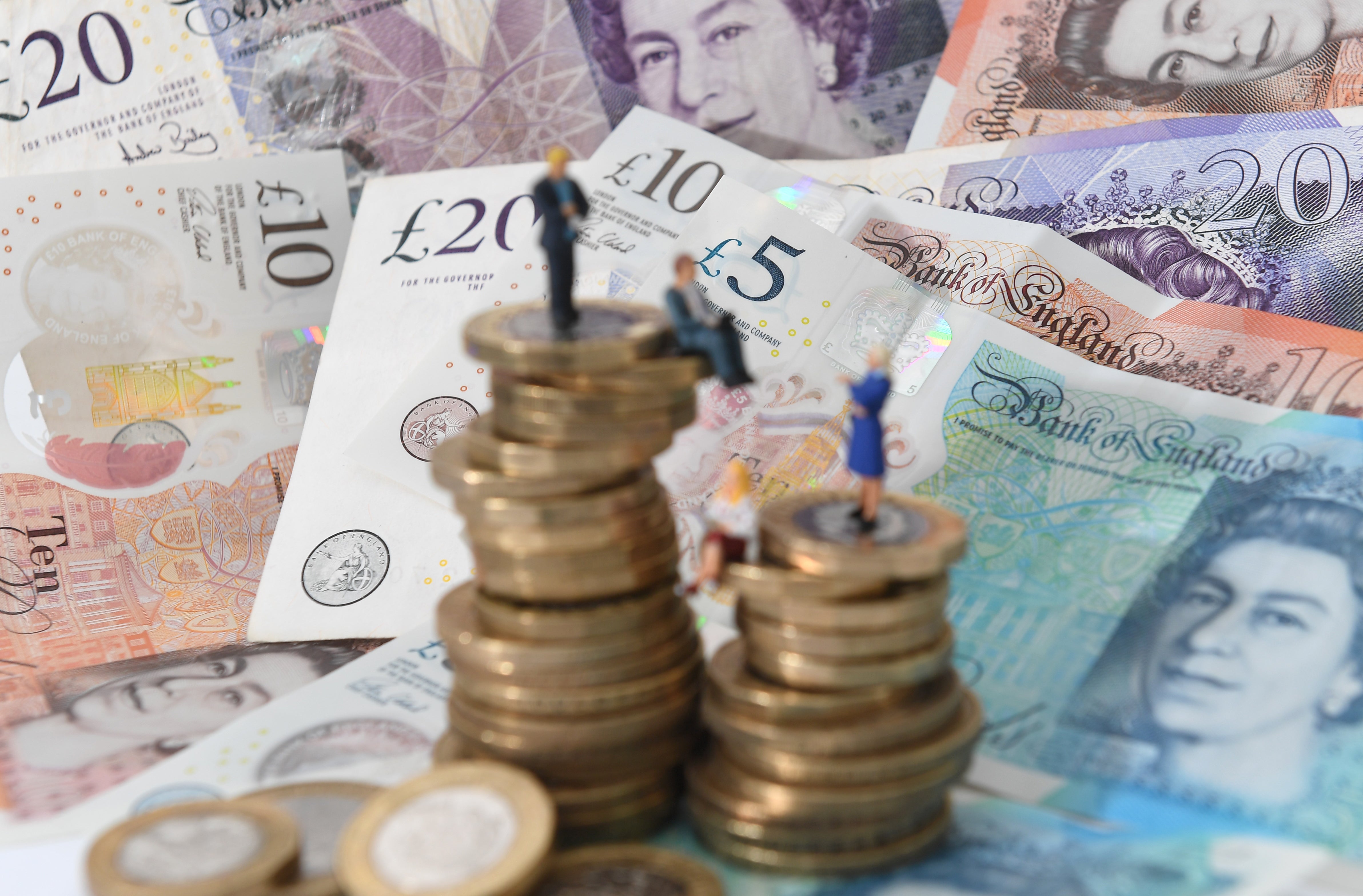UK faces recession before inflation can be controlled, MPs told
It is predicted that inflation could rise to above 10% later this year.

Your support helps us to tell the story
From reproductive rights to climate change to Big Tech, The Independent is on the ground when the story is developing. Whether it's investigating the financials of Elon Musk's pro-Trump PAC or producing our latest documentary, 'The A Word', which shines a light on the American women fighting for reproductive rights, we know how important it is to parse out the facts from the messaging.
At such a critical moment in US history, we need reporters on the ground. Your donation allows us to keep sending journalists to speak to both sides of the story.
The Independent is trusted by Americans across the entire political spectrum. And unlike many other quality news outlets, we choose not to lock Americans out of our reporting and analysis with paywalls. We believe quality journalism should be available to everyone, paid for by those who can afford it.
Your support makes all the difference.The UK will probably have to go through a “mild recession” if not worse before inflation comes back to a more manageable level, top economists have warned MPs.
London School of Economics professor Charles Goodhart said that wages and prices were feeding off each other to push up inflation, and this could not be weakened without the labour market weakening.
“The likelihood is that we’re going to have to have at the very least a mild recession and unemployment rising,” he told MPs on the Treasury Select Committee.
The sad reality is there is going to have to be an economic slowdown in the UK beyond what is already on the cards in order to get inflation sustainably back to target
His comments were echoed by Adam Posen, the president of the Peterson Institute for International Economics.
“The sad reality is there is going to have to be an economic slowdown in the UK beyond what is already on the cards in order to get inflation sustainably back to target,” he said.
Mr Posen said that the UK was facing problems that are more like those seen in the US, despite pursuing a more European approach to stimulating the economy during Brexit.
“To me this tells you that this is something idiosyncratic to the UK about how the same inflation shock of Covid reopening, of energy prices, of Ukraine, is being transmitted to the UK,” he said.
“I think a large part of this is Brexit, because what has happened is you don’t have the flexible labour supply of migrants coming from Europe, who can both add to the labour supply, but also go in and out of work as needed.”
Last week the Bank of England raised interest rates to 1%, the highest for 13 years, in a bid to combat soaring inflation.
It predicts that inflation could rise to above 10% later this year.